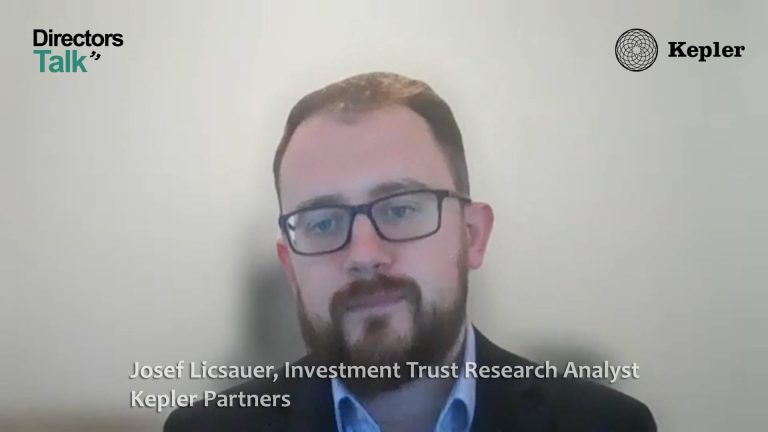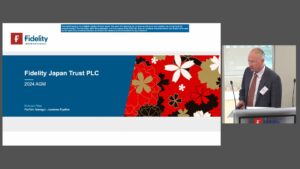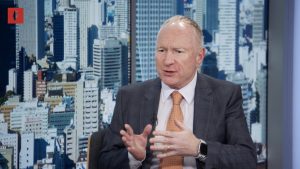Fidelity Japan Trust PLC (LON:FJV) aims to be the key investment of choice for those seeking Japanese companies exposure. The Trust has a ‘growth at reasonable price’ (GARP) investment style and approach – which involves identifying companies whose growth prospects are being under-appreciated or are not fully recognised by other investors.
Although these companies may exist in all areas of the market the investment process often naturally leads the Trust to focus on medium-sized and smaller companies, where lower levels of analyst coverage creates more frequent or greater mispriced growth opportunities.
Investment objective
The Company aims to achieve long term capital growth by investing predominantly in equities and their related securities of Japanese companies.
Approach and style
The approach of Portfolio Manager Nicholas Price is anchored in the belief that a rigorous, bottom-up approach to active management can consistently identify companies where the market is underestimating or mispricing future growth potential. This naturally leads him to favour smaller and medium-sized companies, where lower levels of analyst coverage can often create some great mispriced opportunities and unearth companies at an early stage of their development.
Nicholas follows a consistent ‘growth at reasonable price’ investment approach, utilising Fidelity’s local research capability, as well as the broader global research network. He focuses on gathering multiple information sources: from attending industry conferences to visiting university professors, from talking to unlisted companies to consulting senior management.
Company Info
Website:
https://investment-trusts.fidelity.co.uk
Bloomberg FJV LN
Reuters FJV.L
Useful Documents
Portfolio Managers
- Nicholas Price, Lead Portfolio Manager
- Cenk Simsek, Assistant Portfolio Manager
![]() is a trademark of FIL Limited used with its permission.
is a trademark of FIL Limited used with its permission.

















